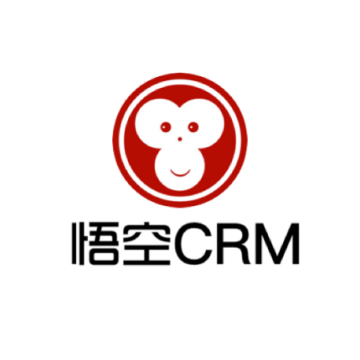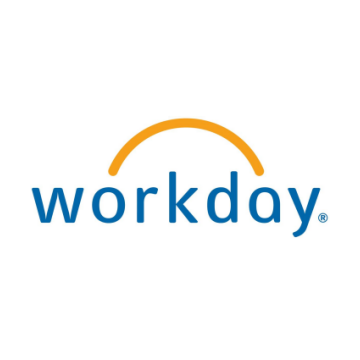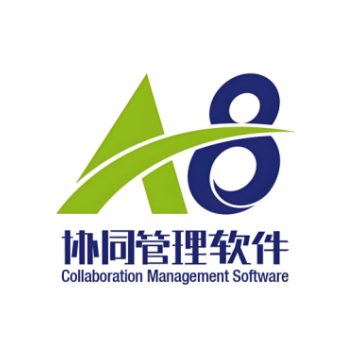{One possible answer: "crmerp" stands for "Customer Relations Management and ERP", which is a comprehensive term that integrates customer relationship management (CRM) and enterprise resource planning (ERP) systems. CRM is primarily focused on the interaction between the company and its customers, while ERP is designed to manage all types of resources within an organization, including human resources, financial resources, and information resources. The integration of these two systems allows companies to optimize their internal processes, improve customer satisfaction, and increase overall efficiency。}
{Another possible answer: "crmerp" could refer to "Customer Relations Management and ERP," which is a term used to describe a comprehensive approach to managing both customer relationships and enterprise resources in a business setting. This concept involves integrating CRM and ERP systems to streamline operations, enhance customer experience, and drive revenue growth. By leveraging data and technology, companies can gain insights into customer behavior, preferences, and needs, allowing them to tailor their offerings and services accordingly. This approach is particularly relevant in today's digital economy, where businesses are increasingly competing in a global marketplace. The integration of CRM and ERP systems enables organizations to better manage their resources and optimize supply chain operations, ultimately leading to increased efficiency, cost savings, and improved profitability。}
{Explanation based on the above analysis:
- Overview of CRM and ERP Systems:
- CRM (Customer Relationship Management) is a software system designed to help companies manage customer relationships, typically focusing on improving customer service, increasing customer retention, and driving sales. It includes functions such as lead management, email marketing automation, and sales forecasting.
- ERP (Enterprise Resource Planning) is a comprehensive software system that integrates many different aspects of an organization’s operations, such as finance, human resources, procurement, and production. It aims to provide real-time access to critical data across all departments, enabling decision-making at every level of the organization.
- Integration of CRM and ERP Systems:
- The combination of CRM and ERP systems creates a powerful tool for modern businesses. By integrating data from both systems, companies can gain a more complete picture of their customers and their needs. This information can then be used to optimize supply chain operations, reduce costs, and increase efficiency. For example, when a customer orders products through the CRM system, the corresponding orders can be automatically updated in the ERP system, ensuring that all departments are aligned with the same set of orders.
- Advantages of Integrating CRM and ERP Systems:
- Increased Efficiency: By combining CRM and ERP systems, companies can streamline their operations and reduce manual errors. Data is shared seamlessly across departments, reducing duplication of efforts and saving time.
- Improved Customer Service: With integrated customer data, companies can provide personalized service to each customer, addressing their specific needs and preferences. This not only enhances customer satisfaction but also drives repeat business and referrals.
- Better Decision Making: Having access to real-time data across all departments allows managers to make more informed decisions. For example, if a particular product is experiencing high demand, the ERP system can alert managers to adjust inventory levels or order additional stock.
- Challenges of Integrating CRM and ERP Systems:
- Complexity: Integrating CRM and ERP systems can be complex, requiring significant technical expertise and resources. Companies must ensure that the systems are compatible and that data is accurately transferred between them.
- Training: New employees may need extensive training to understand how to use the new systems effectively. This can be time-consuming and costly for businesses.
- Integration Issues: There may be issues with data integration, causing discrepancies or inaccuracies in the final reports. Proper testing and maintenance are essential to prevent these issues.
- Conclusion:
- Integrating CRM and ERP systems can greatly enhance a company’s ability to manage its resources and relationships with customers effectively. By providing a single source of truth across all departments, companies can make more informed decisions, improve customer service, and drive overall success. However, this integration requires careful planning and implementation to avoid potential challenges.














